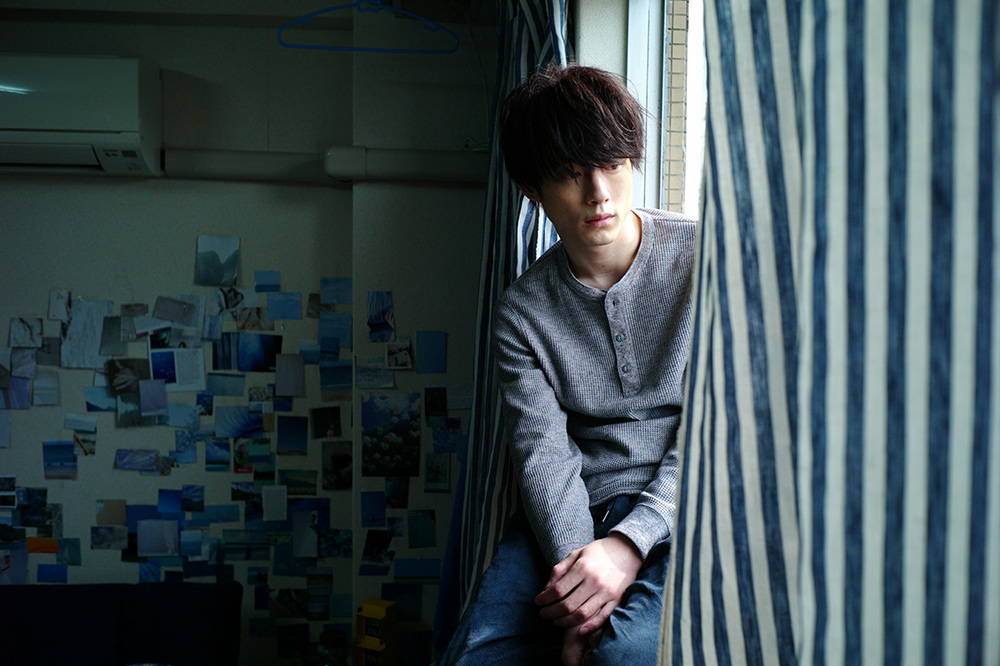!["10 Years to Live" Director Michito Fujii's "Unreasonableness" to shoot images that will last 100 years from now [Director's Interview Vol.187]](https://cinemore.jp/images/efda75f21bc2dce82cac54a78801e9f3d5830a193c010534f2d809a04595b541.jpg)
"10 Years to Live" Director Michito Fujii's "Unreasonableness" to shoot images that will last 100 years from now [Director's Interview Vol.187]
All movie directors are skeptical about the quality of their work.
Q: As with "The Brightest Roof in the Universe" and "10 Years Left to Live," I get the feeling that Director Fujii is consciously trying not to limit himself to a particular genre or zone.
Fujii: It's partly down to luck, but I do have that awareness. When you make a film, you can easily become blind to the idea that "If I do it this way, I might get another job," or "What is my 'color'?" I found myself thinking these things, and one day I felt really embarrassed.
There are many emotions in the world, but I didn't want to limit myself to "this is who I am," and I'm still very conscious of being a challenger, so I don't want to be categorized in the same genre. For example, when director Wong Kar-wai made " The Grandmaster " (2013), I think there was a stir. I think that's cool. The same goes for director Inarritu's " Birdman or (The Unexpected Virtue of Ignorance) " (2014). I think everyone is skeptical of their own work and authorship, and always wants to break away from categorization.
When I shot "The Yakuza and the Family" (21), I felt that I no longer wanted to be called "Michihito Fujii from The Journalist," and "10 Years Left to Live" was made as a companion piece to "The Yakuza and the Family." Both are dialogue-based works that depict a long period of time, but they are completely different, and it's more fun to challenge a project that includes multiple elements.

“10 Years to Live” ©2022 Movie “10 Years to Live” Production Committee
Q: To do that, the producer's help is essential, isn't it?
Fujii: I think it's exactly partner work. This time too, there were times when I thought, "How many times are we going to fight?" (laughs), but without someone like that, I wouldn't be motivated and I would feel like I have no place to rely on. It's a job between people, so I want to support each other, and I want to do my best to respond to what the producers are thinking, not just do everything I say. I can be a director because someone calls me "Director Fujii," so I want to do my best.
This film will be released on a very large scale, so I want it to reach not only movie fans who watch several films a year, but also people who live in rural areas who have never seen my work before, and people who only go to the cinema once a year. I worked on it with the aim of creating a film that would become a formative experience, just like we did when we were boys and girls.
That's why I once again felt that it is very important to have someone who can help you tune things in various ways to work towards that goal.
There are few productions that can realize “one second commitment”

